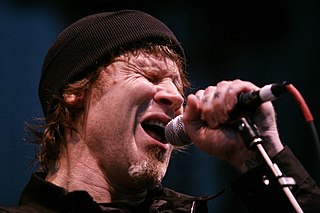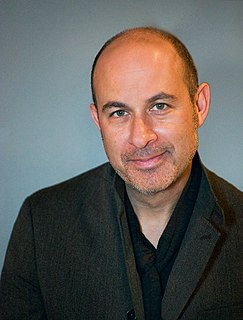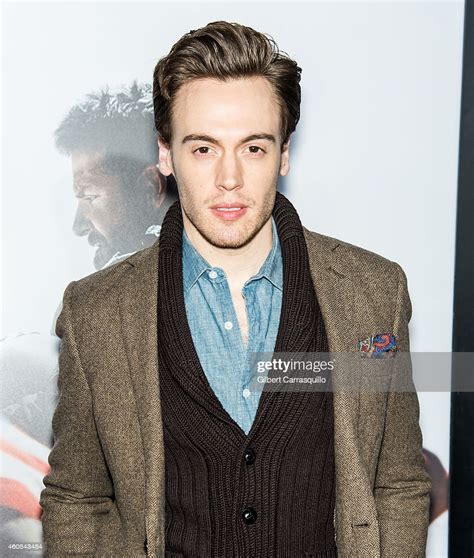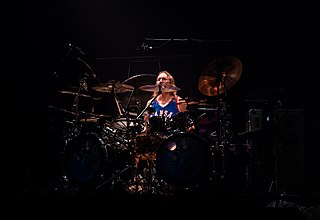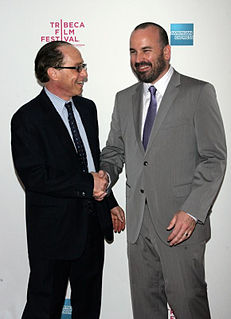A Quote by Slash
When I was a kid, a lot of my parents' friends were in the music business. In the late '60s and early '70s - all the way through the '70s, actually - a lot of the bands that were around had kids at a very young age. So they were all working on that concept way early on. And I figured if they can do it, I could do it, too.
Related Quotes
In the late '70s, the conditions that bands had to endure were, shall we say, not as civilized as they are today. People were a lot more aggressive back then. So there was definitely a lot of suffering for your art. But I would argue that was a good thing. Generally, people make better music when they suffer.
When I began writing poems, it was in the late 60s and early 70s when the literary and cultural atmosphere was very much affected by what was going on in the world, which was, in succession, the civil rights movement, the antiwar movement, and the women's movement in the 60s, 70s, and into the early 80s. And all of those things affected me and affected my thinking, particularly the Vietnam War.
When you talk to women who were working as print journalists or in broadcasting in the '50s, and then you talk to women who were working in the late '60s, there's an enormous difference. There had already been a huge transition. Then, of course, you get well into the '70s and there were women with children working.
I lived in Italy for a number of years and I was really digging around trying to get my hands dirty, trying to learn about Italian music. And what I ended up gravitating towards was this stuff from the '50s and '60s and maybe early '70s, where there were these incredibly talented pop singers that weren't using pop bands.
When you look at what we can call the golden era of concept albums, which starts in the mid or late '60s and ends maybe in the early '80s, it's an interesting time for music. You see all these very established and popular acts and bands and artists that were somehow on the top of their game but really trying to experiment.


